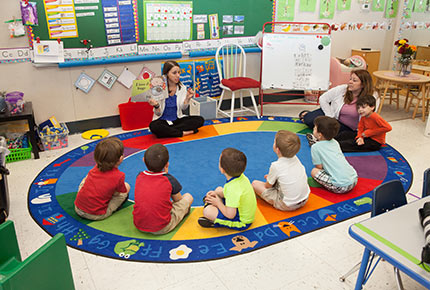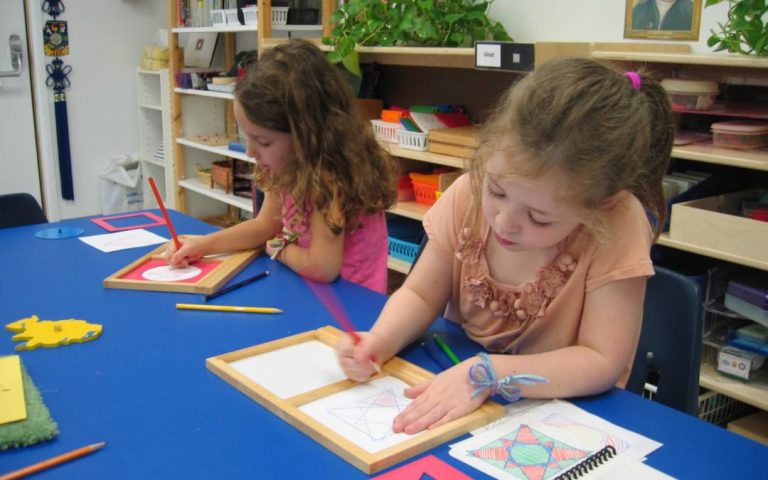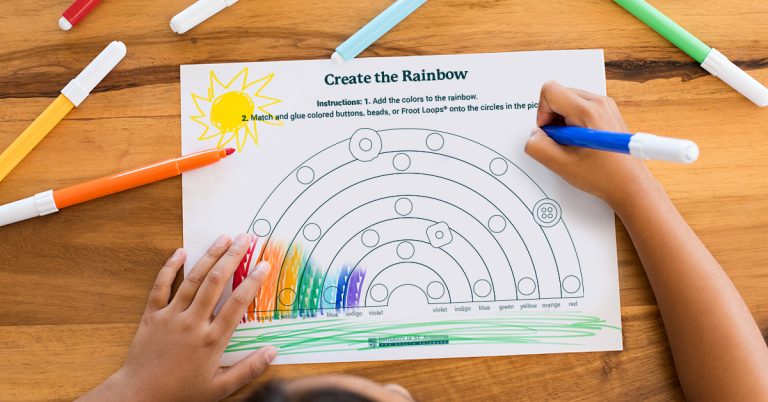Why is Family Engagement Important in Early Childhood Education : Boosting Early Learning Success
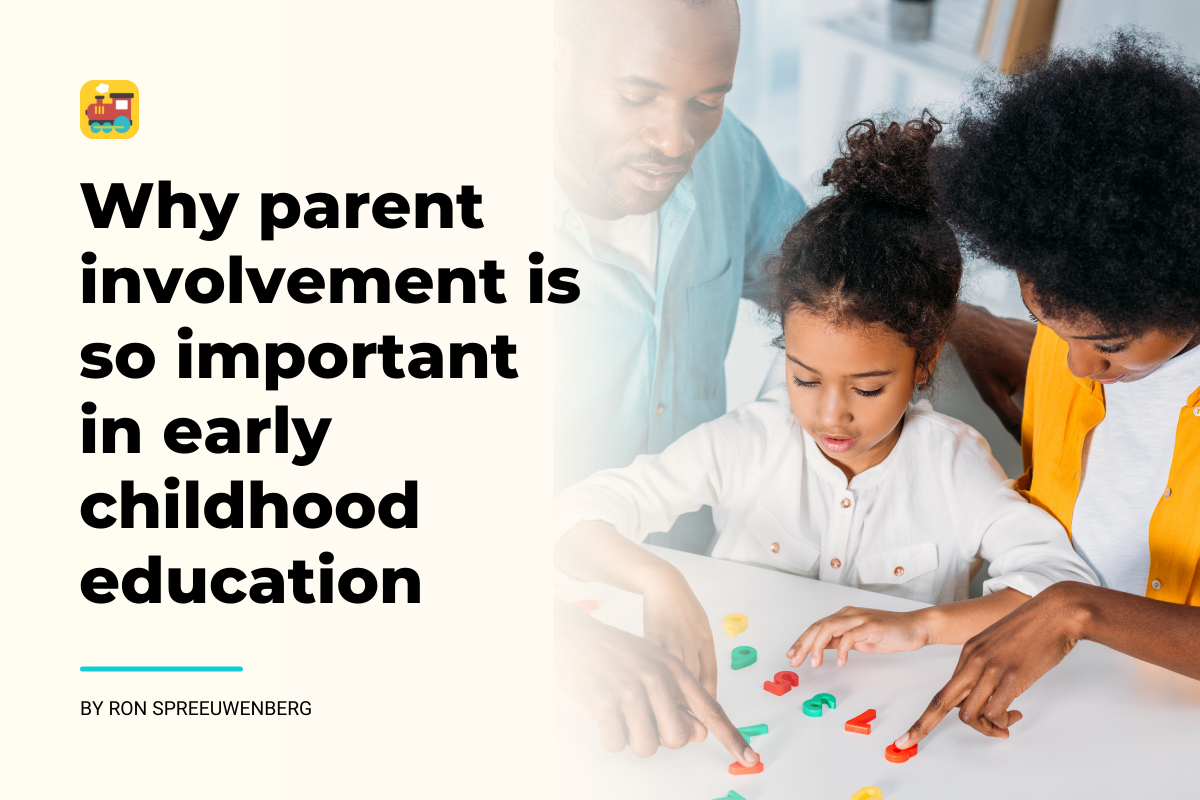
Family engagement is crucial in early childhood education as it contributes to children’s academic success and social-emotional development. When families actively participate in their child’s education, it creates a positive and supportive learning environment, strengthens the parent-child relationship, and enhances communication between families and educators.
The benefits of family engagement extend beyond the classroom, as it promotes lifelong learning and prepares children for future academic and personal success. We will explore the importance of family engagement in early childhood education and provide tips for families to engage in their child’s learning journey.
The Importance Of Family Engagement
The Importance of Family Engagement in early childhood education cannot be overstated. When families are actively involved in their children’s learning, it creates a strong foundation for their overall development and success in school. Family engagement fosters a supportive and collaborative environment that enriches a child’s educational experience. It is essential for building stronger relationships, enhancing learning opportunities, and promoting a positive sense of belonging and identity.
Building Stronger Relationships
Family engagement strengthens the bond between parents, caregivers, and educators. When families actively participate in their child’s education, it creates a sense of unity and trust. This partnership is vital in providing consistent support and guidance to the child, leading to a more cohesive and harmonious learning environment.
Enhancing Learning Opportunities
Family involvement opens doors to a variety of learning experiences. Parents and caregivers can share their unique knowledge, skills, and cultural backgrounds, enriching the educational journey of the child. This collaboration also encourages a holistic approach to learning, where children can apply their knowledge in real-world contexts, leading to a deeper understanding of concepts.
Benefits Of Family Engagement
Family engagement in early childhood education plays a crucial role in a child’s development. It fosters a strong support system, promotes a positive learning environment, and encourages a collaborative partnership between families and educators. The benefits of family engagement extend beyond the classroom, influencing a child’s academic performance and social-emotional well-being.
Improved Academic Performance
Family engagement has a direct correlation with a child’s academic success. When parents actively participate in their child’s education, it creates a conducive learning environment at home. This involvement can lead to better attendance, homework completion, and overall academic performance. Additionally, it fosters a sense of accountability and motivation in the child, contributing to their educational achievements.
Enhanced Social And Emotional Development
Strong family engagement positively impacts a child’s social and emotional development. When families are involved in a child’s early education, it reinforces a sense of security and belonging. This, in turn, fosters the development of strong interpersonal skills, empathy, and emotional resilience. Children who experience supportive family engagement are more likely to exhibit positive social behaviors and form healthy relationships with their peers.
Strategies For Effective Family Engagement
Family engagement in early childhood education is crucial for a child’s overall development. By involving families in the learning process, children receive consistent support both at home and in their educational environment. Implementing effective family engagement strategies is essential to create a collaborative and supportive learning environment for young children.
Open Communication Channels
Open communication between educators and families is vital for creating a supportive learning environment. Regular updates on a child’s progress, upcoming activities, and classroom happenings foster trust and a sense of inclusion. Using various communication channels such as emails, newsletters, and parent-teacher conferences helps in keeping families informed and involved in their child’s education.
Involvement In Learning Activities
Involving families in learning activities not only strengthens the bond between home and school but also provides opportunities for parents to actively participate in their child’s education. Organizing family workshops, reading sessions, and interactive learning activities allows families to engage with their child’s learning experiences and gain insights into their development. Encouraging family participation in school events and volunteer opportunities further enhances their involvement in the educational journey.

Credit: www.canr.msu.edu
Challenges In Family Engagement
Cultural And Language Barriers
Cultural and language barriers can present significant challenges in engaging families in early childhood education. Families from diverse cultural backgrounds may have different expectations, beliefs, and values related to education, which can impact their involvement in their child’s learning journey. Language barriers can also hinder effective communication between educators and families, making it difficult to establish a strong partnership.
Time Constraints
Time constraints are another hurdle that families often face when it comes to engaging with their child’s early education. Many parents juggle multiple responsibilities, including work, household chores, and other commitments, leaving them with limited time to actively participate in their child’s educational activities. This lack of time can hinder their ability to fully engage with the school and support their child’s learning at home.
The Role Of Educators In Promoting Family Engagement
The Role of Educators in Promoting Family Engagement
Providing Resources And Support
Educators play a vital role in providing resources and support to families, ensuring they have the tools needed to actively engage in their child’s learning.
- Offering educational materials
- Sharing information on child development
- Connecting families with community resources
Creating Welcoming Environments
Educators focus on creating welcoming environments where families feel comfortable and valued in the educational setting.
- Encouraging open communication
- Hosting family events
- Providing opportunities for parental involvement
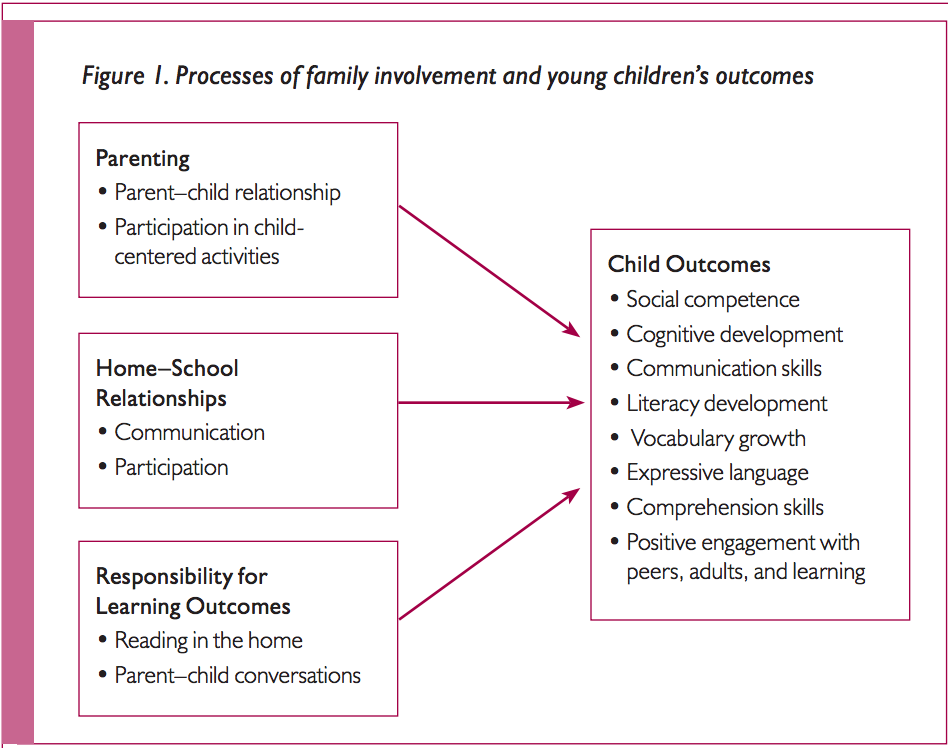
Credit: scalar.usc.edu
Technology’s Impact On Family Engagement
Virtual Learning Platforms
Virtual learning platforms are essential tools for enhancing family engagement in early childhood education. These platforms provide a convenient way for families to stay connected with their child’s learning progress.
Digital Communication Tools
Digital communication tools play a crucial role in fostering collaboration between educators and families. These tools enable real-time communication, sharing of resources, and updates on the child’s development.
Success Stories: Family Engagement In Action
Case Studies Of Positive Outcomes
One compelling case study showcases the impact of family engagement on early childhood education. In a preschool setting, involving families in their children’s learning process led to an increase in children’s academic performance and overall well-being. This success story demonstrates the tangible benefits of family involvement in early education.
Parent Testimonials
Parents have shared heartwarming testimonials, illustrating the positive effects of active engagement in their child’s education. Through consistent communication and participation in school activities, parents have reported seeing their children develop stronger communication skills, improved social interactions, and increased confidence. These testimonials serve as powerful evidence of the significant impact of family engagement on early childhood education.
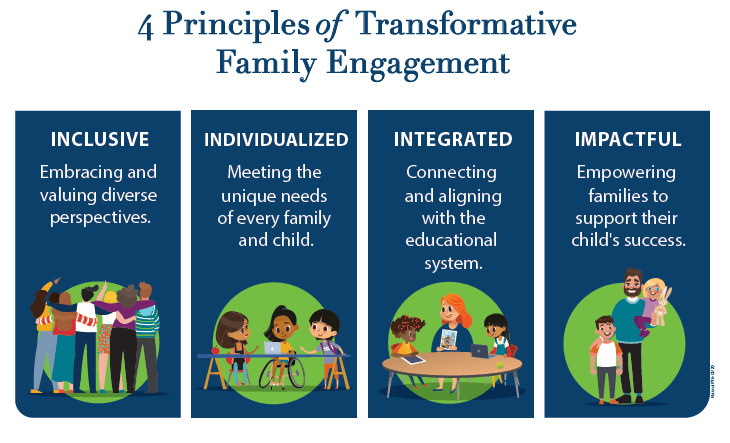
Credit: nyspta.org
Looking Ahead: Future Trends In Family Engagement
Family engagement is crucial in early childhood education as it has a significant impact on children’s learning and development. By involving families, educators can create a positive learning environment and enhance the child’s educational experience. In the future, family engagement will continue to be a vital aspect of early childhood education.
Integration Of Virtual Reality
Virtual reality is becoming a powerful tool in family engagement in early childhood education. It allows families to immerse themselves in the learning environment, enhancing communication and understanding.
Personalized Learning Plans
Personalized learning plans cater to the individual needs of each child, involving families in setting goals and tracking progress together for a more effective educational journey.
As we look to the future of family engagement in early childhood education, two key trends are emerging: the integration of virtual reality and personalized learning plans.
Integration Of Virtual Reality
- Enhances communication and understanding
- Immerses families in the learning environment
Personalized Learning Plans
- Cater to individual child’s needs
- Involve families in goal setting and tracking progress
Frequently Asked Questions
Why Is Family Engagement Important In An Early Childhood Program?
Family engagement is crucial in early childhood programs as it enhances the child’s learning and development. It helps in building strong relationships between families and teachers, improving communication and understanding of the child’s needs. Family involvement also promotes a positive home learning environment, reinforcing what the child learns at school.
Why Is Family Involvement Important In Education?
Family involvement in education is crucial for student success, fostering communication, motivation, and academic achievement. It strengthens the home-school partnership, leading to better outcomes for students.
Why Is Family Engagement Important In Special Education?
Family engagement in special education is crucial for student success. It promotes collaboration and understanding between parents and educators, leading to tailored support for the child. This involvement also enhances the child’s academic and social development, creating a supportive and cohesive learning environment.
Why Is Active Participation Of Families In An Early Childhood Program Important?
Active family participation in early childhood programs fosters child development, strengthens family bonds, and enhances communication between educators and parents. This collaboration creates a supportive environment for the child’s holistic growth and learning experience.
Conclusion
Engaging families in early childhood education fosters a supportive learning environment. It enhances children’s development and academic success. Collaboration between educators and families promotes positive outcomes. Building strong family partnerships is crucial for holistic child growth. Remember, family engagement is key in shaping a child’s educational journey.
Lorem Ipsum is simply dummy text of the printing and typesetting industry. Lorem Ipsum has been the industry’s standard dummy text ever since the 1500s, when an unknown printer took a galley of type and scrambled it to make a type specimen book.


